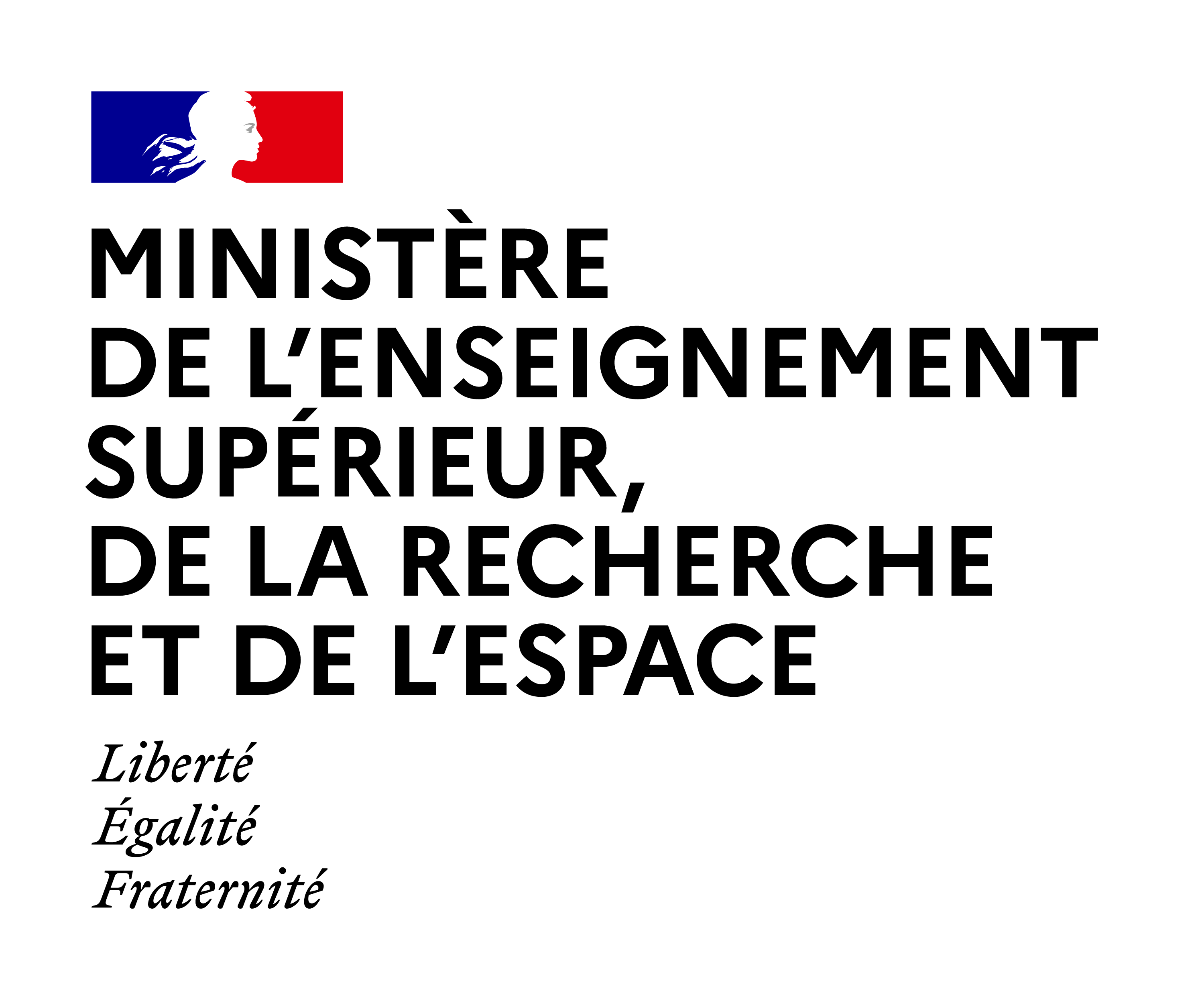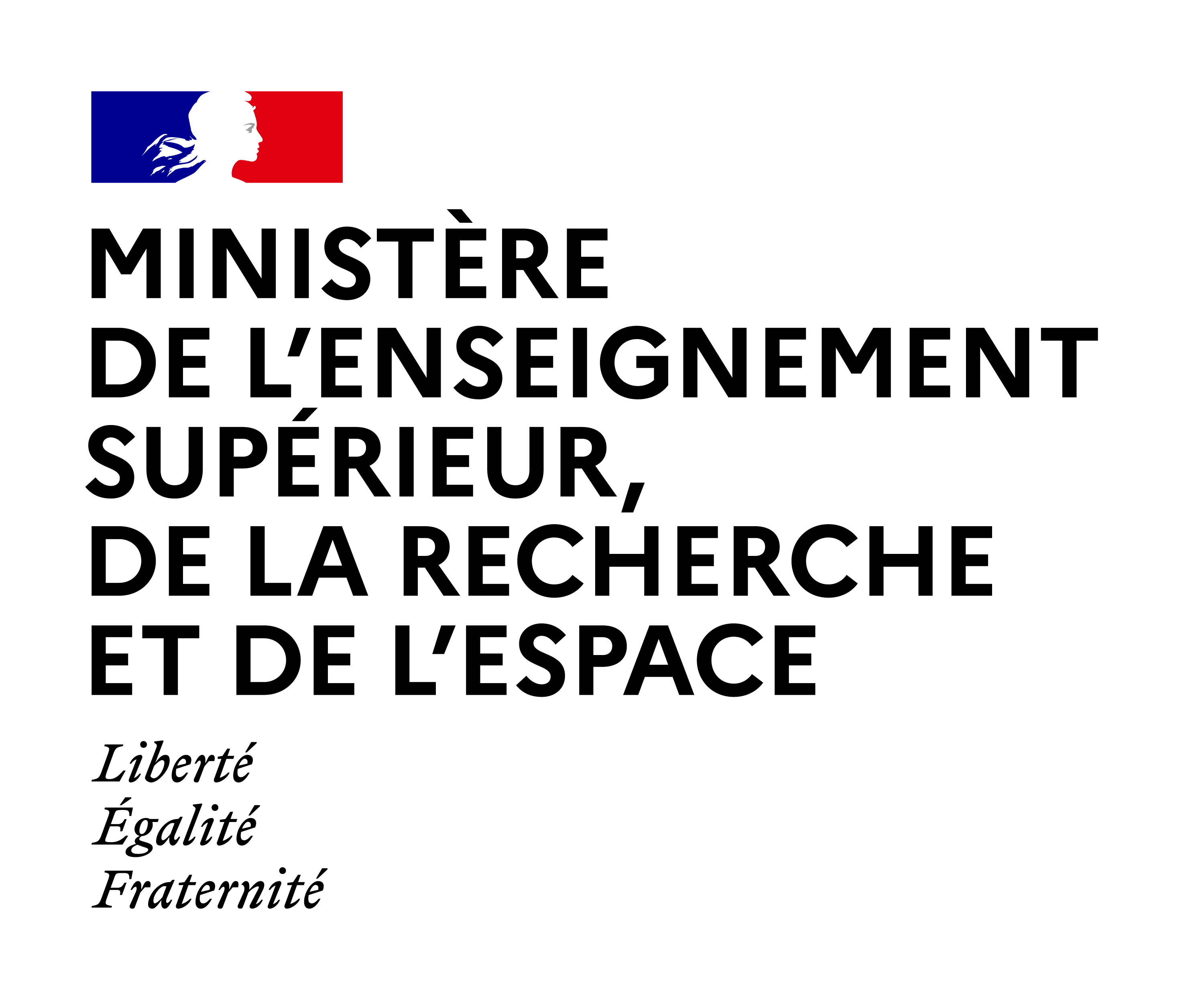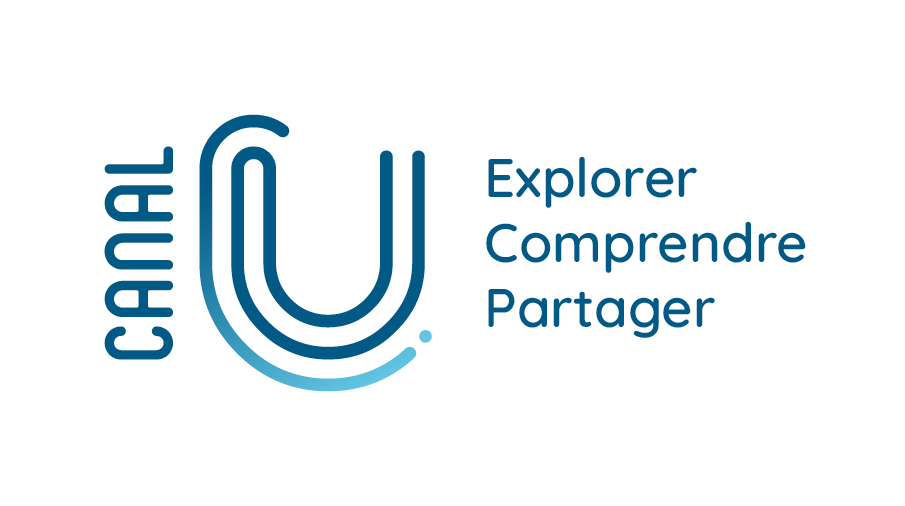
Sommaire
Age-related effects on language control and executive control: a behavioral-electrophysiological investigation / Émilie Massa
Date de création :
19.06.2017Auteur(s) :
Émilie MASSAPrésentation
Informations pratiques
Droits réservés à l'éditeur et aux auteurs. Tous droits réservés aux auteurs et à l'Université Toulouse Jean Jaurès.
Description de la ressource
Résumé
Age-related effects on language control and executive control: a behavioral-electrophysiological investigation / Émilie Massa, in colloque "Bilingualism vs. monolingualism: a new perspective on limitations to L2 acquisition" organisé par ?le laboratoire Octogone-Lordat (Université Toulouse 2) sous la responsabilité de Barbara Köpke (UT2J), Holger Hopp (Technische Universität Braunschweig), Tanja Kupisch (Universität Konstanz), Université Toulouse Jean Jaurès, 19-20 juin 2017. Previous studies have found a bilingual advantage in non-linguistic executive control tasks for children, young adults and to a lesser extent for older adults (Bialystok, Craik, & Luk, 2008; Calabria, Branzi, Marne, Hernandez, & Costa, 2015; Hernández, Costa, Fuentes, Vivas, & Sebastián-Gallés, 2010; Kousaie & Phillips, 2017) Recently, Paap & Greenberg, (2013) have questioned the reliability of these findings arguing that the reported bilingual advantage was nonexistent or restricted to a limited number of bilingual populations. A current key goal in the bilingual - monolingual comparison field is to understand the conditions that promote the emergence of differences between bilingual and monolingual during executive control. Studying older bilinguals is an optimal opportunity to understand the impact of an extensive practice on executive control as executive functions have been shown to decline with increased age. The aim of the present study is twofold. Firstly we will attempt to describe age- related changes in language control. Secondly, we will investigate the age effect on both language control and general-domain executive control in a monolingual control group in order to understand the features of bilingual control age-related decline. To this end, we compared young and older bilinguals and monolinguals in an Overt Picture Naming Task. The study included 64 participants, half of whom were dominant bilinguals: 16 French-Italian young adults (mean age = 27), 16 French-Italian older adults (mean age = 72.8) and their monolingual peers: 16 young adults (mean age = 24,3) and 16 older adults (mean age= 71,2). Interestingly, bilinguals and monolinguals performed the same task while adapted instructions were used for each group: bilinguals switched between their languages and monolinguals switched between different tasks conditions (picture naming vs spell only the first letter of each picture). Both behavioral (response time) and event-related potentials witch are more sensitive to detect group differences, were collected. Processing differences regarding to mixing cost and switch cost were studied between young and older bilinguals and compared between young and older monolinguals. Differences in monolingual groups were found on global switch cost and modulation of P200 component. Behavioral and electrophysiological data show no age effect on global mixing cost and global switch cost in bilinguals (regardless of dominance) suggesting a benefit of being bilingual on age-related control decline. ?
"Domaine(s)" et indice(s) Dewey
- Sociolinguistique, ethnolinguistique (306.44)
Domaine(s)
- Sociologie et démographie économiques
- Disciplines connexes (sociolinguistique, psycholinguistique...)
- Sociologie, processus sociaux, interaction sociale
Intervenants, édition et diffusion
Intervenants
Édition
- Université Toulouse-Jean Jaurès-campus Mirail
Diffusion
Document(s) annexe(s)
- Cette ressource fait partie de
Fiche technique
- LOMv1.0
- LOMFRv1.0
- Voir la fiche XML




